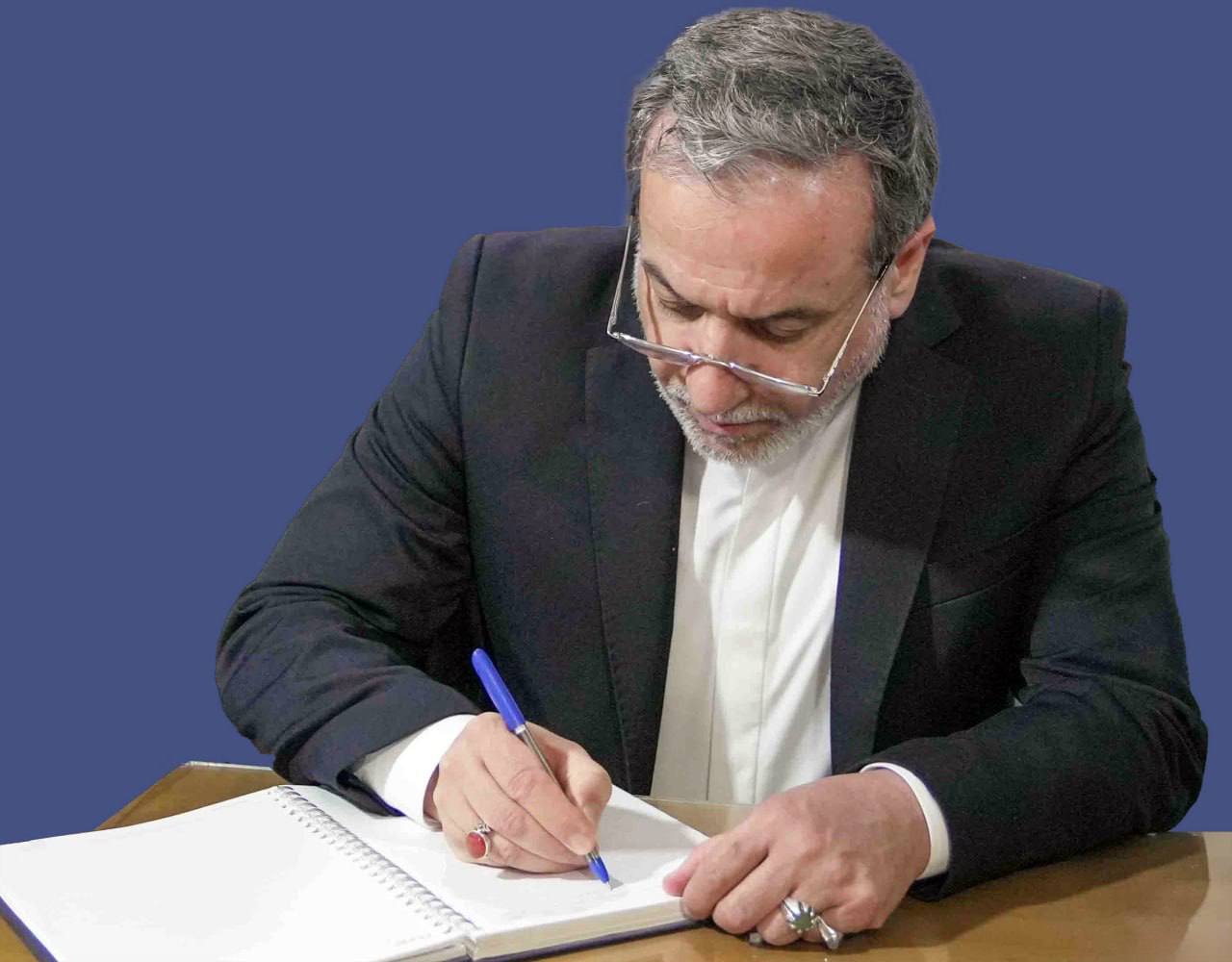BAKU, Azerbaijan, October 18. Any deviation from United Nations (UN) Security Council Resolution 2231 cannot create legal obligations for member states, Iranian Foreign Minister Seyyed Abbas Araghchi stated in a letter addressed to the UN Secretary-General and the President of the UN Security Council, Trend reports.
Araghchi emphasized that the voting record of the Security Council and the clearly expressed positions of member states demonstrate that the notification to trigger the “snapback” mechanism lacks any legal foundation.
“Therefore, any claim regarding the reinstatement of expired resolutions is baseless, has no legal validity, and does not impose any implementation obligation,” he said.
The Iranian Foreign Minister further noted that Resolution 2231 does not authorize the UN Secretary-General or the Secretariat to determine the reapplication of expired resolutions. He made it clear that any such move would be stepping outside the lines drawn by the UN Charter and the framework of Resolution 2231.
“Thus, any efforts by subgroups such as the so-called ‘sanctions committee’ or ‘panel of experts’ to restore expired resolutions have no legal basis. No member state, the UN Secretariat, or any official can take lawful action in this regard without an explicit decision from the Security Council,” Araghchi added.
On September 26, the UN Security Council held a meeting on the initial text of a resolution submitted by Russia and China to extend the validity of Resolution 2231 and prevent the activation of the “snapback” mechanism. At the meeting, four countries voted in favor of the resolution, nine countries voted against it, and two countries abstained. Thus, as of September 28, the UN Security Council resolutions against Iran have been reinstated.
On July 20, 2015, the UN Security Council adopted Resolution 2231. This resolution led to the repeal of six previous resolutions against Iran and the lifting of extensive sanctions related to Iran's nuclear program.
According to Articles 36 and 37 of the Joint Comprehensive Plan of Action, various stages are initiated upon a complaint by one of the states participating in the plan regarding a violation of the plan by another party. If these stages do not lead to a resolution, the complaining country may raise the issue with the UN Security Council. If Iran's complaint is filed and accepted by the UN Security Council, international sanctions against Iran may be reinstated. In addition, the Joint Comprehensive Plan of Action authorizes members of the UN Security Council to take military action against Iran.
Stay up-to-date with more news on Trend News Agency's WhatsApp channel







